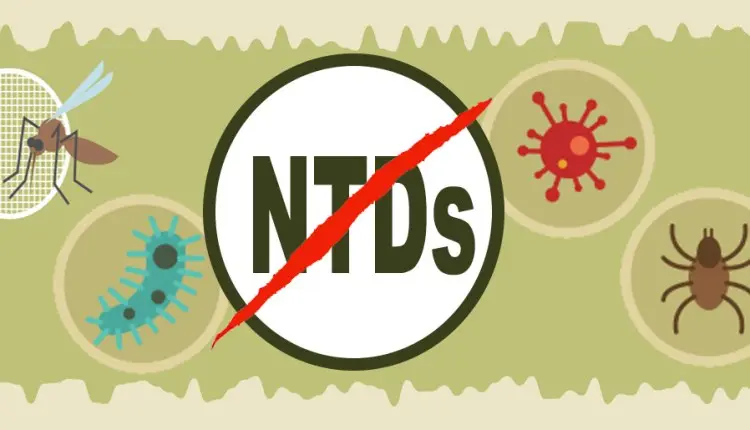By Iyemah David
African Union (AU) Member States have endorsed a cutting-edge digital micro-planning platform aimed at accelerating the elimination of Neglected Tropical Diseases (NTDs) by 2030.
This move by the 50 member states signals a unified commitment to ending diseases that disproportionately affect the continent’s poorest populations.
The innovative platform was co-created by the Africa Centres for Disease Control and Prevention (Africa CDC) on Thursday via webinar, in partnership with Member States, the World Health Organisation (WHO), the END Fund, and other technical partners.
The platform is expected to help countries track resource use, strengthen advocacy for sustainable financing, and foster Africa-led solutions to eliminate NTDs, often referred to as “diseases of poverty.”
The launch coincided with a four-day continental NTD microplanning workshop, a timely event amid a worrying decline in global donor funding that has disrupted key NTD programmes across the continent.
Acting Deputy Director-General of Africa CDC, Dr Raji Tajudeen, said public health efforts across Africa were under threat, with funding being one of the main challenges.
“This makes the continued engagement and energy around NTD elimination even more commendable,” Tajudeen said.
The African region remains endemic for 20 of the 21 priority NTDs, according to Dr Ibrahima Soce Fall, WHO Global NTD Director.
Dr Fall noted that these diseases affected more than 565 million people, representing 35 per cent of the global burden. They cause chronic illness, disability, stigma, and in many cases, death.
“These are not just diseases; they are drivers of inequality. They undermine education, nutrition, mental health, and economic development,” he said.
Each participating Member State presented a country-specific micro-plan targeting the six most prevalent NTDs, aligned with their national master plans.
The plans were designed to guide data-driven, integrated interventions that improved efficiency and reduced duplication in programming.
Ethiopia’s State Minister for Health, Dr Dereje Duguma Gemeda, said the workshop marked a turning point for countries to take practical steps towards better planning and implementation.
Dr Gemeda added that the workshop also served as a platform for cross-country learning and partner coordination, focusing on optimising existing resources and identifying gaps requiring targeted external investment.
“We stand at a critical juncture, not just for NTD elimination, but for rethinking health financing in Africa,” said Dr Solomon Zewdu, CEO of the END Fund.
Zewdu highlighted the limits of traditional reliance on foreign aid and stressed the need for country-led, co-financing strategies for long-term sustainability.
He reaffirmed the END Fund’s commitment to supporting governments in creating models that “deliver results and leave no community behind.”
Prof. Julio Rakotonirina, Director for Health and Humanitarian Affairs at the AU Commission, said the elimination of NTDs was more than a public health objective.
Rakotonirina emphasised that success depended on national ownership, domestic resource mobilisation, and effective implementation.
The digital micro-planning platform is now regarded as a cornerstone tool in Africa’s NTD elimination strategy and a model for future public health planning and financing across the continent.
The meeting ended with countries adopting comprehensive, costed micro-plans and identifying technical assistance needs and resource-mapping strategies.
The goal is to ensure sustainable, Africa-owned progress that aligns with the African Union’s Agenda 2063.




